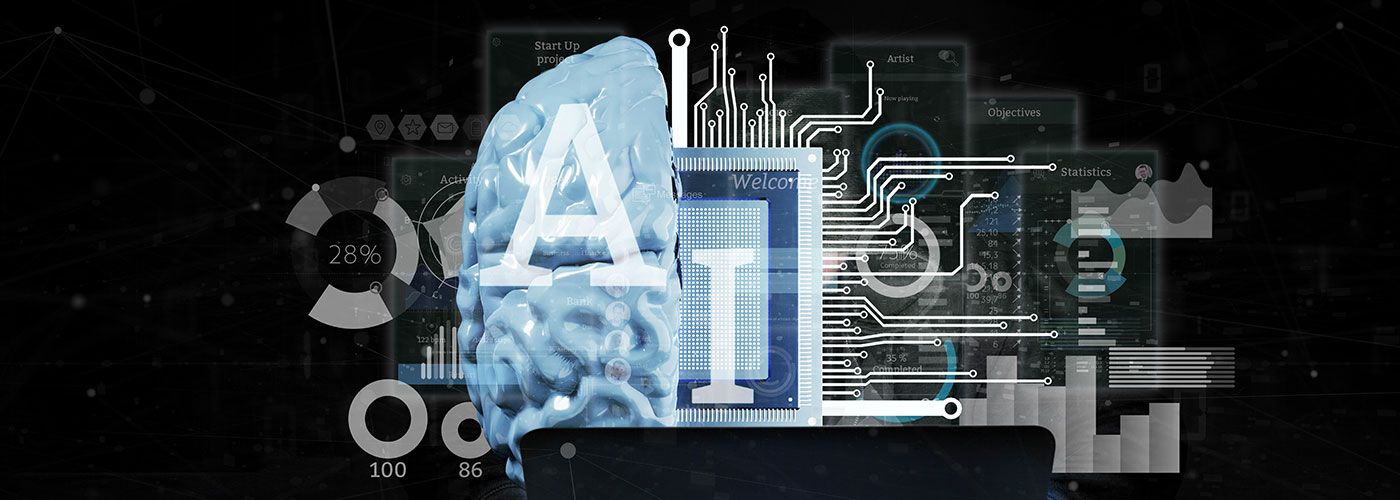It is practically impossible to review all the data manually, since investigations regularly involve more than ten terabytes of data – that’s the equivalent of 80 sea containers filled with paperwork.
Deloitte
E-discovery is a process used to identify, collate, and store electronically stored information (ESI) specifically in response to a “request for production in a lawsuit or investigation”, says the ACC. ESI can include emails, online documents, electronic messages, and data stored online. With the advent of smarter-than-ever Artificial Intelligence (AI), e-discovery offers more powerful capabilities than ever, and can be used to monitor and sort data from multiple sources.
Legal departments in particular can assist their organizations with internal investigations through e-discovery. Companies need to respond to investigations quickly, and should have the resources and bandwidth to reply effectively to requests.
Next-level AI-powered E-discovery
AI-powered e-discovery is revolutionizing the way legal departments collect ESI in response to legal proceedings. Faster and more efficient data collection allows for speedy, favorable, and streamlined investigations and outcomes.

Draws Insights Based on Patterns
A JD Supra article notes that AI capabilities in e-discovery, such as Natural Language Processing (NLP) and Machine Learning (ML) are created to draw insights according to patterns and unique attributes. When this process is done manually and fast, key points may be missed in a bid to quickly respond to the investigation.

Offers “Conceptual Clustering”
Machine learning (ML) in e-discovery can scan allegations in a lawsuit, and group like words together. This creates a cluster of similar terms, and allows for visualization of key concepts in an investigation. According to Deloitte, documents presented as conceptual clusters can increase ESI review times by 15-20%.

Saves Time and Money
The time-sensitive nature of litigation matters forces legal departments to provide in-depth yet accurate discoveries, quickly. AI and ML tools speed up investigative processes by reviewing documents for relevance and determining which data is pertinent to the case. Outcomes like these save legal departments hundreds of dollars and precious hours, so they can respond faster.
Predicting E-discovery’s Future
A Bloomberg Law article states that most companies may not be “involved in serial litigation or investigations”, and as such, they can outsource their e-discovery. In addition, companies can manage costs and stay efficient with e-discovery that incorporates AI to maximize its benefits.






